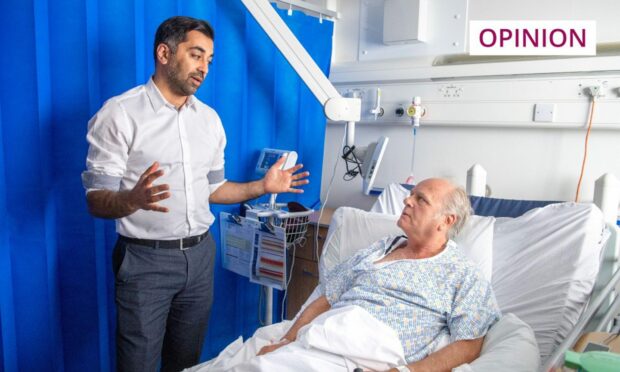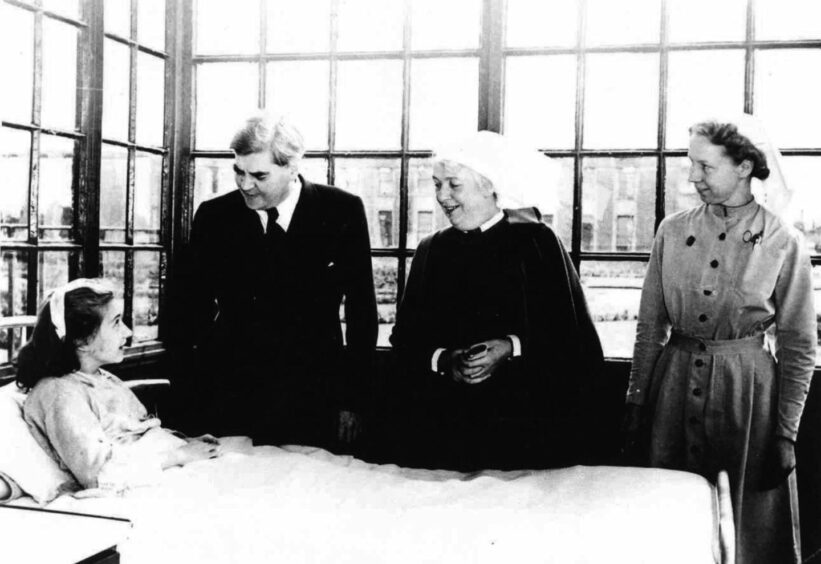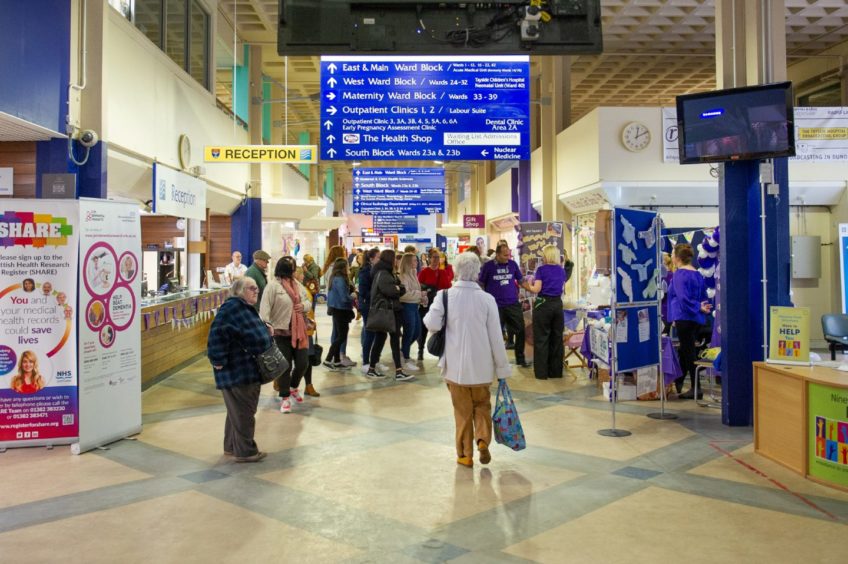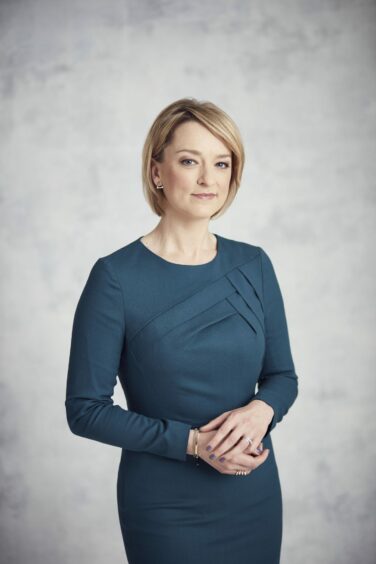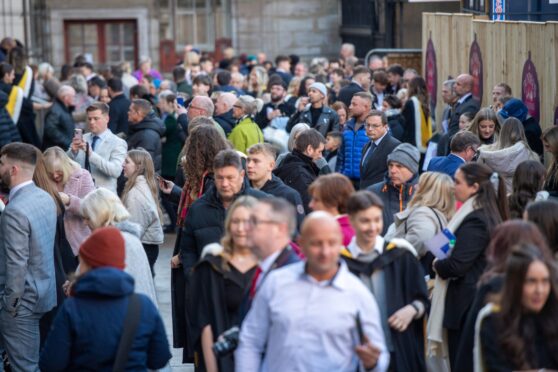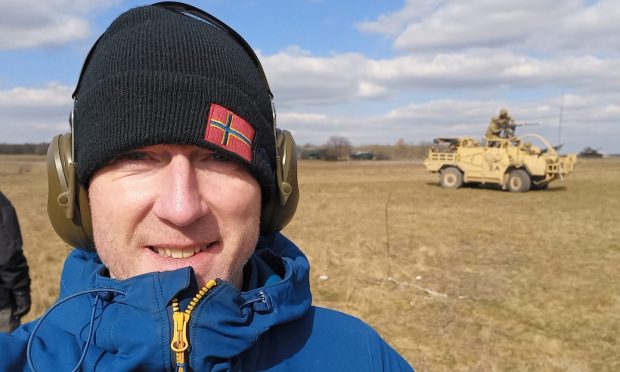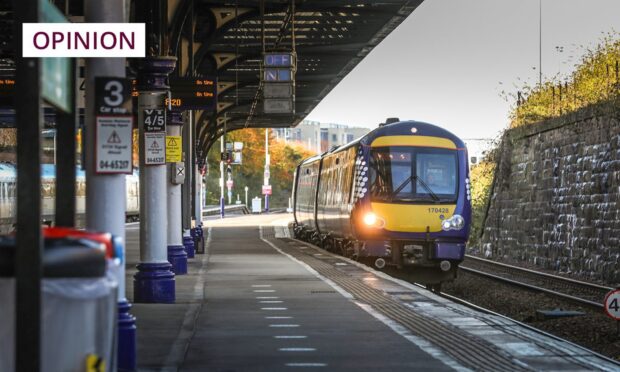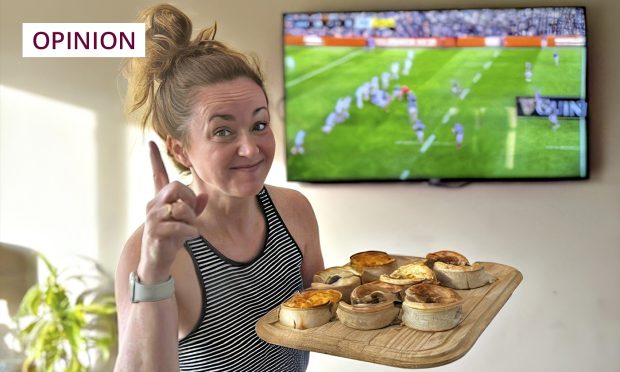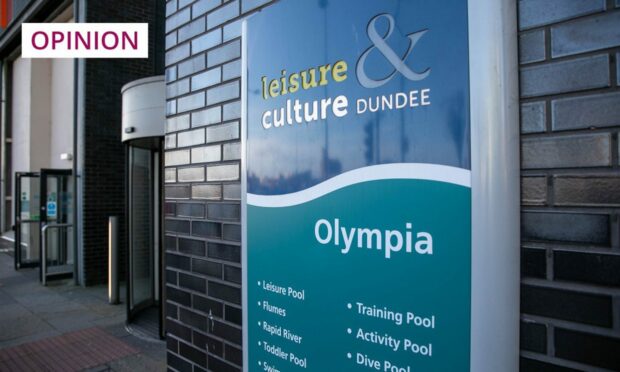The NHS is being privatised by stealth as it marks its 75 years.
Two recent experiences have convinced me the institution we’ve all come to rely on from cradle to grave is in serious trouble.
The soonest I can get an NHS appointment with a dental hygienist is almost five months away, in November.
The soonest I can see my GP simply to be referred to have my hearing checked by an NHS audiologist is mid-August.
In both situations I can be seen privately almost immediately.
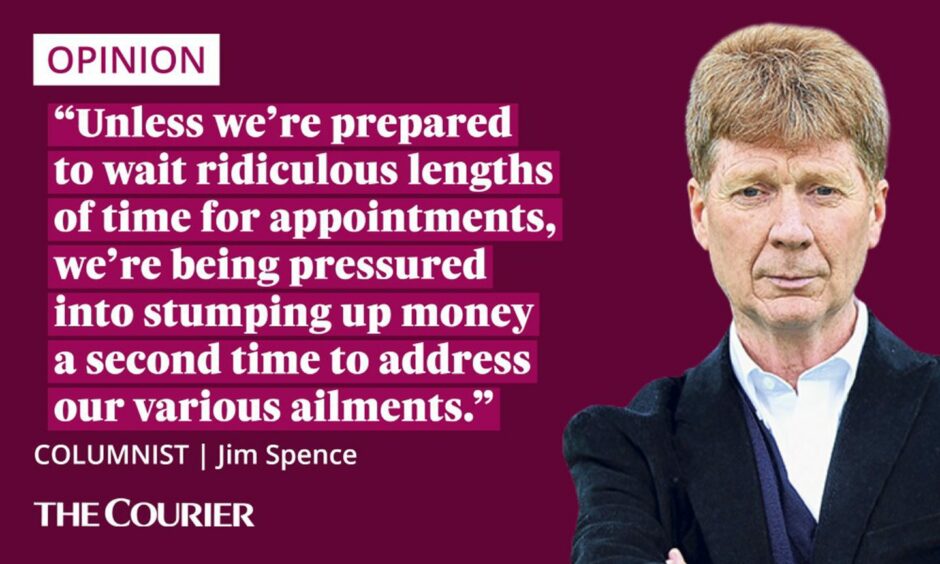
There’s an old saying – you never miss the water till the well runs dry.
Well the NHS is down to a trickle. And there’s a drought of availability, which is dangerous for the health of the nation.
Wait or pay – dilemma facing patients as NHS marks 75 years
After 35 years working in studios and outside broadcasting with assorted dodgy headphones and equipment, Father Time tells me my hearing isn’t as sharp as before.
Some consonants and snatches of conversations are starting to evade me.
So I decided it was time to address the situation and booked an appointment with a well-known high street provider.
I waited a few days for the appointment and have no complaints whatsoever about the service. It was excellent.
But the price of the discreet hearing aid, which seemed to fit my requirements, was eye-watering, coming in at three and a half thousand quid.
At first I thought I’d misheard. But no. The sum required to restore my auditory faculties to pristine condition amounted to a quarter of what I paid for my first flat.
Is this where we’re heading in the NHS? That we’ll soon require a second mortgage before we can fix our health issues?
Medics raising alarm about state of health service
This is not about whether I can afford it or not. It’s about the whole principle of why we have a National Health Service.
We already pay contributions for this service. But increasingly we are finding that unless we’re prepared to wait ridiculous lengths of time for appointments, we’re being pressured into stumping up money a second time to address our various ailments.
Now my hearing situation isn’t acute. I can get by. Albeit with the increasing frustration of missing bits of conversations and upsetting my wife when the television volume is loud enough to waken the dead.
But folk with major health issues are now facing alarming and life-threatening situations when prompt care and attention can be absolutely crucial.
Simon Barker, deputy chair of the British Medical Association’s (BMA) Scottish Council, recently called on the Scottish Government to act “with a sense of urgency”. He was speaking in the wake of a critical report on the NHS by Audit Scotland.
He said “Demand is outstripping capacity and the NHS simply cannot deliver what it is asked to under its current limitations.
“There must be action if we want to ensure it is put on a sustainable footing for generations to come and stays true to the fundamental value of remaining free at the point of delivery.”
After 75 years, our NHS is in trouble
These problems aren’t confined to NHS Scotland and Holyrood.
BBC journalist Laura Kuenssberg was slated at the weekend after she described the British public as having a love-hate relationship with the NHS.
Yet she was referring to new research which found just 29% of respondents were satisfied with the NHS in 2022. That’s the worst rating since record began 40 years ago.
The same report found 90% of the public agreed the service should be free and available to everyone.
The National Health Service is nearing its 75th anniversary.
It’s a part of the fabric of the nation. And it glues and binds us to it in deep gratitude.
Very few of us are without cause to be grateful to the NHS in our darkest days of need.
But currently it feels like it’s in intensive care.
